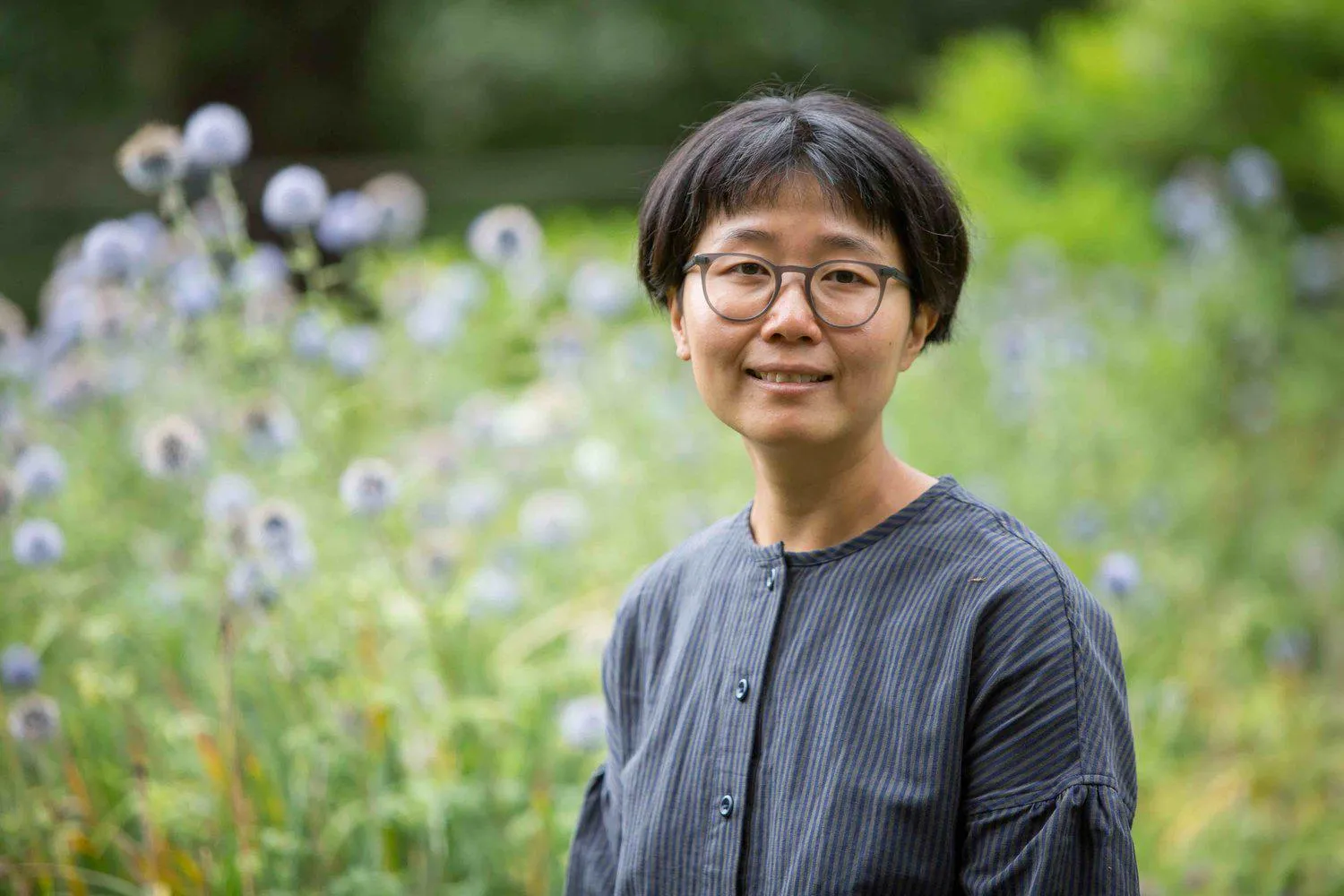
I am a clinical PhD student funded by King’s Wellcome Trust Clinical Doctoral Fellowship. This allowed me to develop a project tailored to my longstanding interests in the social determinants of mental health and inequalities in access and outcomes in mental health services.
I spent my academic days as a clinical child and adolescent psychiatry trainee to get a better understanding of the work of the CAMHS digital lab before developing an application and to be able to identify a gap in the evidence.
I wanted to do research that could directly improve children and adolescent mental health services and to learn a broad range of technical and in-depth research skills which will put me in good stead for a future clinical academic career.
Another thing I considered was my supervisors. It made a huge difference that I had known and worked with my second supervisor since my global mental health masters. I also attended my first supervisor's research group meetings to get to know colleagues and see how the lab worked.
Even though I have worked for many years and am used to juggling different demands, a PhD is a much longer piece of work than I have ever embarked on and has unique challenges. An excellent support system including the supervisors, the wider research group of colleagues, and the department, is so important.
“What happens while young people wait for CAMHS?”
My motivation for pursuing research stemmed from wanting to improve clinical practice. After the pandemic, I was seeing more and more young people when I was on-call being referred to A&E with psychotic symptoms without previously being under a CAMHS team, or who had been on CAMHS waiting lists.
This led me to ask questions about what happens before a young person gets seen in CAMHS: are there inequalities, especially for racially minoritised young people to access and outcomes whilst young people are waiting?
By better understanding some of the sociodemographic, socioeconomic and health service level factors that determine profiles of young people at the point of referral and how they do on waiting lists, we can better plan our services and interventions so that the right care gets to the right person in a timely way to improve both individual outcomes, and how helpful the overall system is for the most families.